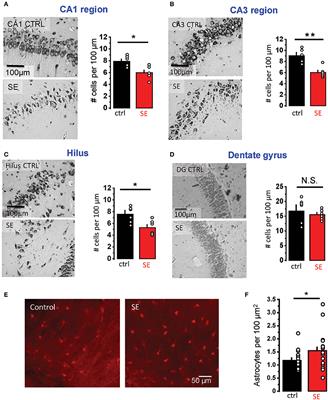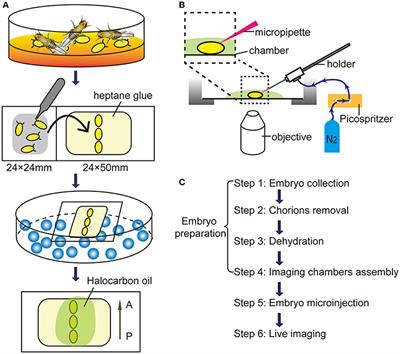EDITORIAL
Published on 19 Mar 2019
Editorial: Glia in Health and Disease
doi 10.3389/fnmol.2019.00063
- 5,252 views
- 5 citations
45k
Total downloads
227k
Total views and downloads
Select the journal/section where you want your idea to be submitted:
EDITORIAL
Published on 19 Mar 2019
SYSTEMATIC REVIEW
Published on 17 Dec 2018

ORIGINAL RESEARCH
Published on 30 Jul 2018

MINI REVIEW
Published on 27 Jul 2018

ORIGINAL RESEARCH
Published on 13 Jul 2018

OPINION
Published on 02 Jul 2018

ORIGINAL RESEARCH
Published on 28 Jun 2018

ORIGINAL RESEARCH
Published on 26 Jun 2018

REVIEW
Published on 12 Jun 2018

ORIGINAL RESEARCH
Published on 18 May 2018

PROTOCOLS
Published on 15 May 2018

REVIEW
Published on 14 May 2018


Frontiers in Aging Neuroscience
Frontiers in Cellular Neuroscience
Frontiers in Neuroscience